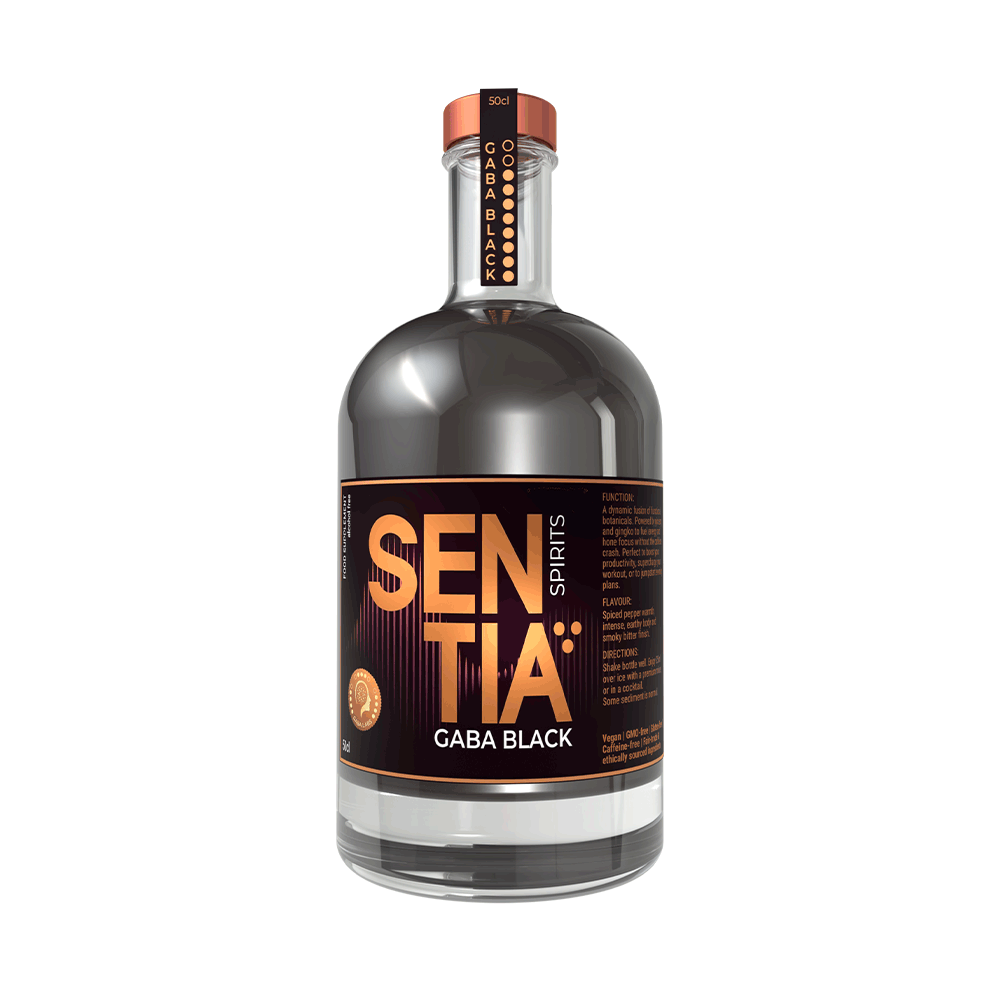
Is Alcohol in Moderation Actually Healthy?
For over a decade, the scientific notion that moderate alcohol consumption, particularly red wine, could be beneficial to our health has been cited widely by those of us who savour a pint, cocktail, or glass of vino. The idea that enjoying a drink with dinner is a heart-healthy habit has become ingrained in parts of public consciousness. However, recent research challenges this belief, suggesting that even moderate drinking might not be as harmless as once thought.
Unpacking the Myth
The belief in the health benefits of moderate alcohol consumption has its roots in various studies that suggested lower mortality rates among moderate drinkers compared to non-drinkers. These findings have influenced global health guidelines and public perception. Red wine has been celebrated for its supposed cardiovascular benefits due to compounds like resveratrol, which is said to improve heart health by acting as an antioxidant.
New Insights from Comprehensive Research
A recent systematic review and meta-analysis by Tim Stockwell and his team at the University of Victoria in Canada critically examined previous research on alcohol consumption. Analyzing 107 longitudinal studies involving over 4.8 million participants, they identified a number of biases that might have led to misleading conclusions about the health impacts of low-volume alcohol consumption.
Their findings are illuminating. Studies that properly accounted for factors like the age of participants and excluded former and occasional drinkers from the abstainer group showed no significant difference in mortality risk between low-volume drinkers and abstainers. This contrasts sharply with the frequently quoted studies that did not control for these variables, which erroneously reported lower mortality risks for moderate drinkers.
The Role of Bias in Alcohol Studies
Several key biases were identified in the studies that suggested health benefits from moderate drinking:
-
Misclassification of Abstainers: Many studies grouped former and occasional drinkers with lifetime abstainers. Since former drinkers might have stopped due to health issues, this group could appear less healthy, skewing the comparison and making moderate drinkers seem healthier by contrast.
-
Age of Cohorts: Younger cohorts tended to show less bias in mortality risk estimates. Older cohorts, who might have accumulated more health issues, could distort the apparent benefits of moderate drinking.
-
Control Variables: Adjustments for factors like smoking and socioeconomic status (SES) also influenced outcomes. Studies that controlled for these factors showed different, often less favorable, results for moderate drinking.
Implications for Health-Conscious Individuals
For those who are health-conscious, these findings suggest a need to reconsider the place of alcohol in a healthy lifestyle. The systematic review highlights that many earlier studies were flawed due to biases in study design, and high-quality studies do not support the notion that moderate alcohol consumption reduces mortality risk.
Alcohol and Biological Aging
Beyond the question of mortality, there's growing evidence about alcohol's impact on biological aging. Research indicates that alcohol accelerates biological aging by affecting cellular mechanisms like telomere length and epigenetic markers. Telomeres, which protect our chromosomes, shorten more rapidly with higher alcohol consumption, leading to faster biological aging. Telomere shortening affects the ability of cells to divide and function properly, thus accelerating the aging process and contributing to age-related diseases.
A study involving 245,000 participants by Anya Topiwala and colleagues at Oxford Population Health, a research institute at the University of Oxford, found that higher alcohol intake correlates with reduced telomere length, suggesting that even moderate drinking could lead to significant aging effects over time. This finding refutes the idea that any level of alcohol consumption has protective effects against aging.
The Rising Concern of Drink-Driving
Adding to the concerns about alcohol, the UK has seen a troubling rise in drink-driving fatalities, with deaths reaching a 13-year high of 300 annually. This dangerous trend underscores the broader risks associated with alcohol consumption, beyond individual health impacts. It highlights the societal costs and the need for stricter enforcement and public awareness to combat drink-driving.
Rethinking our relationship with Alcohol
The evolving understanding of alcohol's effects on health calls for a more cautious approach to drinking. While the idea of moderate alcohol consumption as a health booster has been popular, recent research suggests otherwise. For those committed to maintaining their health, it may be wise to rethink the role of alcohol in their lifestyle.
As we learn more, the best advice might be to enjoy alcohol with a clearer understanding of its potential risks and without the illusion of possible health benefits. One of the best ways to cut down is to switch out some—or all—of your pints of beer or glasses of wine for a functional GABAergic alternative such as SENTIA.
Let's face it, we no longer need to rely on flawed research to justify our alcohol consumption, particularly as it comes with such a high price to our health. Because after all, primarily we're drinking for function, and we can now get that from plant-based non-alc drinks like SENTIA.

